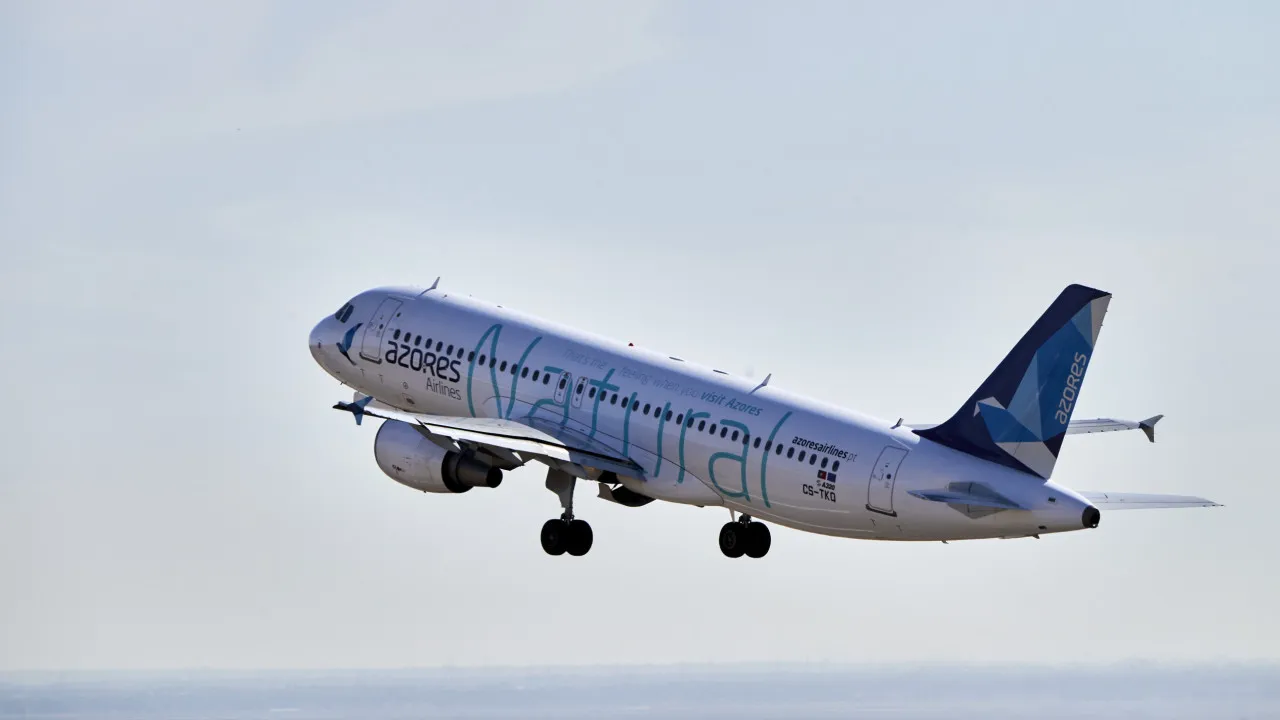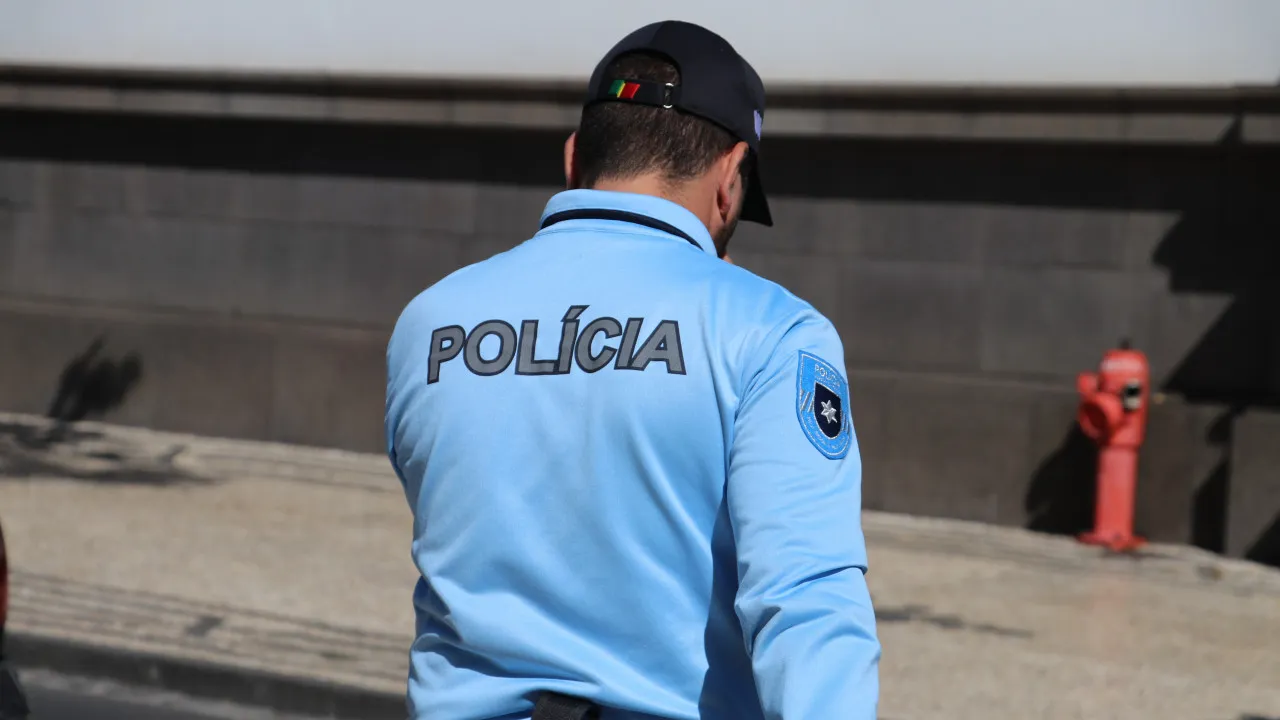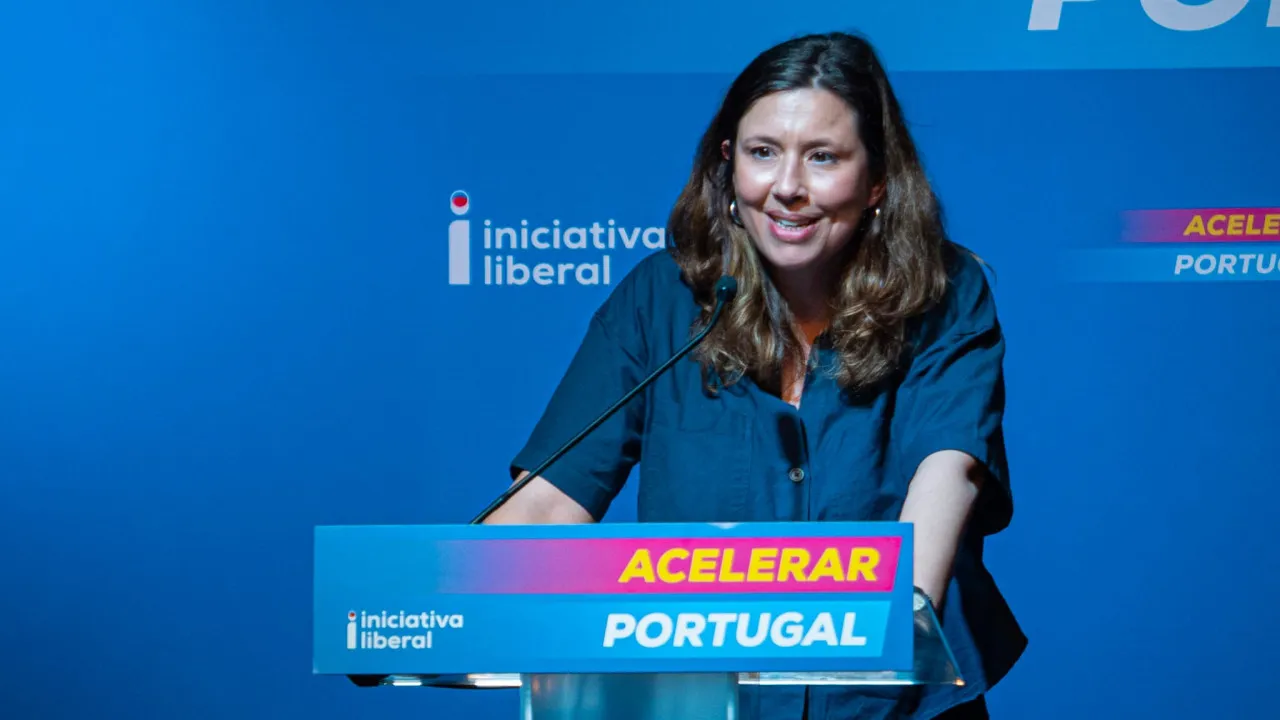
“The insolvency not only leaves us with the existing liabilities but could also lead to additional payments of 300 million euros in compensation to employees,” warned Duarte Freitas.
The official made these remarks in the Azorean parliament in Horta during an urgent debate on the future of the Azorean airline, initiated by Chega.
Duarte Freitas said, however, that negotiations to finalize the privatization process “are progressing well,” both with the Newtor/MS Aviation consortium and the European Commission, with whom the Regional Government committed to completing the sale of 76% of the company’s capital.
“The European Commission has formally stated that everything is proceeding accordingly, and in our most recent meetings, it was clear that we have no concerns regarding this aspect,” assured the Finance Minister in the region, expressing his confidence in the completion of the process.
The urgent debate by Chega aimed to highlight the “economic disaster” facing the regional airline, with heavy losses amounting to 71 million euros in 2024 alone.
“Azores Airlines is a glaring example of decades of mismanagement, political negligence, and disregard for taxpayers. The financial situation is absolutely disastrous, the economic viability is nil, and the privatization process has been dragging on for months—better yet, years—with strong indications of imminent failure,” lamented Francisco Lima, a Chega deputy.
The Regional Secretary for Tourism, Mobility, and Infrastructure, Berta Cabral, explained in the plenary that only Azores Airlines recorded a loss of 71 million euros in 2024, with a significant portion of that figure (53.4 million euros) attributed to the “extraordinary impact” of costs related to company agreements, maintenance, provisions, depreciations, amortizations, and impairments.
Nevertheless, the official expressed confidence in the current Board of Directors of the regional airline and noted that the financial results of Azores Airlines for the initial months of this year “demonstrate a positive trend.”
António Lima, a deputy of the Left Bloc, did not hold back criticism of the Government’s and the SATA Group’s administrations’ performance, accusing them of exhibiting “strategic management errors” that could “jeopardize the company’s very existence.”
Pedro Neves of PAN pointed out that Chega voted in favor of the regional budget and approved all guarantees and comfort letters that the current coalition Regional Government (PSD/CDS-PP/PPM) provided to SATA.
“So, don’t come crying now,” he emphasized.
Socialist Carlos Silva reminded that the executive promised to “save SATA,” but in reality, the company “is in an even worse state,” with “salary delays” and debts to Social Security.
Nuno Barata from IL expressed regret over the “severe economic problem” that SATA currently poses for the region’s accounts and stated that, if he had governing responsibilities, he would have already dismissed the current Chairman of the Board, Rui Coutinho.
Meanwhile, PSD deputy Paulo Simões argued that it was the “bad choices” of governments led by the Socialist Party that “messed up” the airline, leaving a heavy legacy that the right-wing parties are now trying to solve.
This view was shared by João Mendonça of the PPM, who recalled the “deficit routes” created by socialist executives and the “granting of financial aid without proper legal framework,” which led to intervention by the European Commission itself.
“Due to all this, we are at risk of closing SATA,” lamented Pedro Pinto of CDS-PP, who considers it “irresponsible” to keep “pouring money” into the airline without considering the company’s sustainability.




